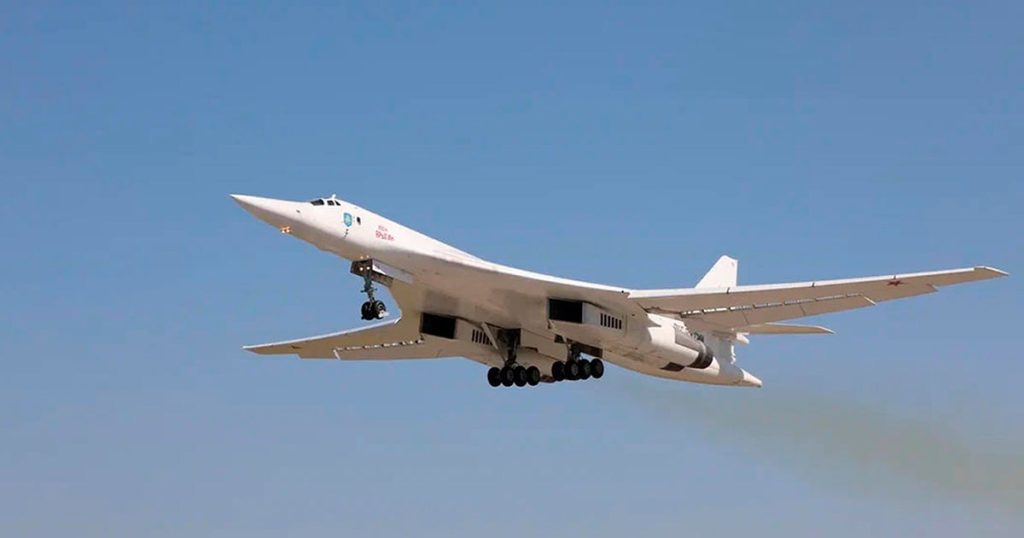In a tragic turn of events on Thursday, a retired Russian commander, Zaur Gurtsiev, was killed in an explosion in Stavropol, southern Russia. Gurtsiev, aged 34, was known for his involvement in the devastating airstrikes on Ukraine’s port city of Mariupol. The cause of the blast remains unclear, with authorities not ruling out potential Ukrainian involvement as tensions escalate following a prolonged military conflict.
| Article Subheadings |
|---|
| 1) Incident Overview |
| 2) Background of Zaur Gurtsiev |
| 3) Historical Context of Military Casualties |
| 4) Official Responses and Claims |
| 5) Implications and Future Consequences |
Incident Overview
The explosion that claimed the life of Zaur Gurtsiev occurred early Thursday morning in Stavropol. The Russian authorities reported the incident without specifying the exact cause of the blast. Social media channels, particularly Russian Telegram platforms, circulated videos depicting Gurtsiev alongside another man in a residential area moments before the explosion. The context of the blast has raised several questions surrounding security and military actions in the region, further aggravating the tense relationship between Russia and Ukraine.
Background of Zaur Gurtsiev
Born and raised in Russia, Zaur Gurtsiev emerged as a prominent figure owing to his role in significant military operations against Ukraine. He was recognized for his leadership during air assaults in the cities of Mariupol and Avdiivka, where Russian military actions have been met with strong resistance and condemnation. Gurtsiev had received several accolades and medals commemorating his service in these operations, and his death has provoked a strong reaction among both supporters and opponents of the Russian military campaign. At the time of his death, he held the position of deputy mayor in Stavropol, further sealing his status within the martyrdom narrative surrounding the ongoing conflict.
Historical Context of Military Casualties
Since the onset of Russia’s full-scale military invasion of Ukraine in February 2022, there has been a disturbing trend of high-profile military casualties. The death of Gurtsiev is not an isolated incident; in December 2022, the commander of Russia’s biological and chemical weapons unit, Lt. General Igor Kirillov, was killed in a separate explosion in Moscow. Additionally, in April 2023, an explosive device claimed the life of General-Lieutenant Yaroslav Moskalik, further highlighting the precarious state of security for Russian military personnel. These incidents underline the increasing likelihood of targeted violence amid the protracted conflict and have triggered calls for retribution from within Russia’s military and political hierarchy.
Official Responses and Claims
In response to Gurtsiev’s death, Vladimir Vladimirov, the governor of the Stavropol region, issued statements portraying him as a hero in Russia’s military narrative. “Our hero, veteran of the special military operation,” he declared, reflecting the Kremlin’s portrayal of its aggressive actions in Ukraine as a defensive maneuver against “neo-Nazis.” The governor further indicated that all possibilities regarding the cause of the explosion were being explored, including speculation of a terrorist attack, a claim echoed by various official sources from the Kremlin. Meanwhile, Ukrainian officials have often celebrated such military setbacks for Russia as legitimate assertions of Ukrainian resistance to longstanding aggressions.
Implications and Future Consequences
The implications of Gurtsiev’s assassination extend beyond personal tragedy; they fuel existing tensions within the narrative of the ongoing regional conflict. The Russian government is likely to leverage this event to reiterate its portrayal of Ukraine as a hostile entity. Discussions on retribution may escalate within the Russian military and governmental landscape, potentially impacting future military strategies. Furthermore, the narrative surrounding Gurtsiev as a “hero” serves to galvanize public support for the ongoing military campaign, despite mounting casualties that have drawn criticism from both national and international observers.
| No. | Key Points |
|---|---|
| 1 | Zaur Gurtsiev, a retired Russian commander, was killed in a blast in Stavropol. |
| 2 | The cause of the explosion remains unclear, with some speculation about Ukrainian involvement. |
| 3 | Gurtsiev had played a prominent role in military operations against Ukraine, receiving multiple commendations. |
| 4 | His death contributes to a pattern of high-profile military casualties amidst the conflict. |
| 5 | The incident could lead to increased calls for retribution and a reinforcement of public support for military actions. |
Summary
The death of Zaur Gurtsiev underscores the intense and ongoing consequences of the military conflict between Russia and Ukraine. As both sides adjust their narratives in the face of mounting casualties, the incident serves as a stark reminder of the human toll and the complexities of warfare. Gurtsiev’s legacy, framed in terms of heroism by Russian officials, will likely be utilized to bolster governmental support for continued military endeavours in Ukraine.
Frequently Asked Questions
Question: Who was Zaur Gurtsiev?
Zaur Gurtsiev was a retired Russian commander known for leading airstrikes in Ukraine, particularly in Mariupol. He was recognized for his service with multiple medals and had a significant role in the ongoing military actions between Russia and Ukraine.
Question: What caused the explosion in Stavropol?
The exact cause of the explosion that killed Gurtsiev remains under investigation, with Russian authorities not ruling out potential Ukrainian involvement as a contributing factor.
Question: How has Ukraine responded to similar military incidents involving Russian commanders?
Ukraine has occasionally claimed responsibility for attacks on Russian military targets, referring to them as legitimate acts of resistance in light of the ongoing conflict and the aggressive military actions by Russia.


